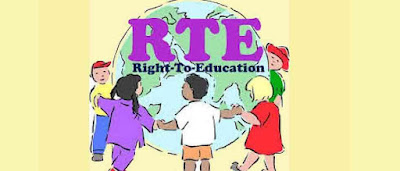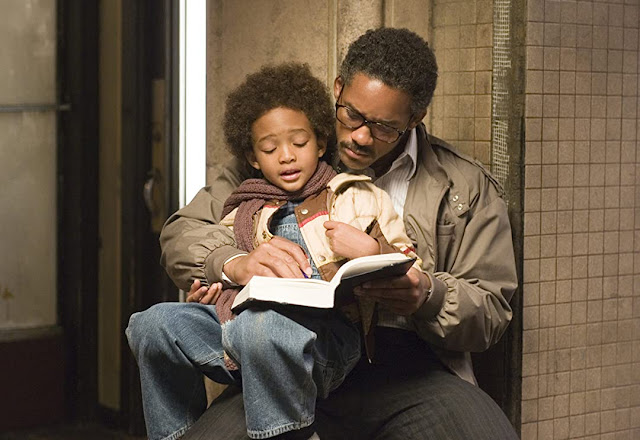RTE (Right to Information Act)
Right to Education
RTE
The right to education is the right of children to free and compulsory education. RTE act made by the Indian parliament on 4th August 2009 to explain the importance of free and compulsory education to children with the age of 6-14 years. This is under the article of the Indian constitution of 21A. The act came into action on 1st April 2010, making India one of the 135 countries to make education a fundamental right of every child.
According to the census, the average literacy rate of children is below average, and the female literacy rate is almost less than 20% compared to males. Drop-out rates are high, and many females discontinue their education. RTE enforces education as a mandatory fundamental right under Article 21A.
What RTE prohibits
- Screening procedures of children during admission.
- Physical punishment or harassing mentally
- Capitation fee
- Private tuitions conducted by teachers
- Schools without recognition
History of RTE
Draft of the bill was prepared, in 2005. But it created controversies as it was required to provide 25% seats for disadvantaged children in private schools. The sub-committee of the Central Advisory Board of Education who prepared the draft bill, held this provision as a significant prerequisite for creating a democratic and egalitarian society. Indian Law commission had initially proposed 50% reservation for disadvantaged students in private schools.
The supreme court of India ruled that RTE is not applicable to minority institutes on 7th May 2014.



Comments
Post a Comment